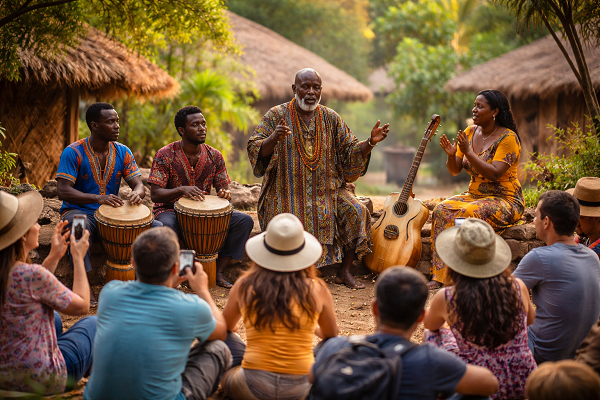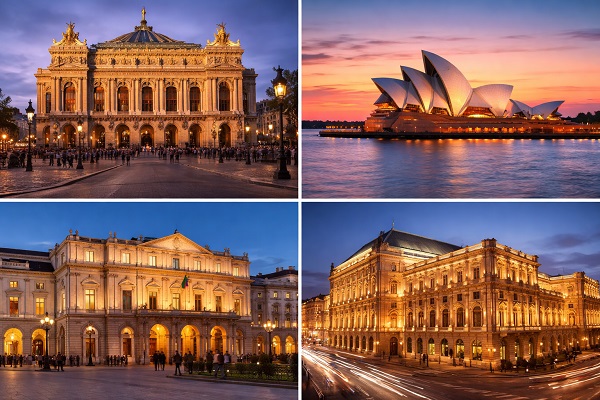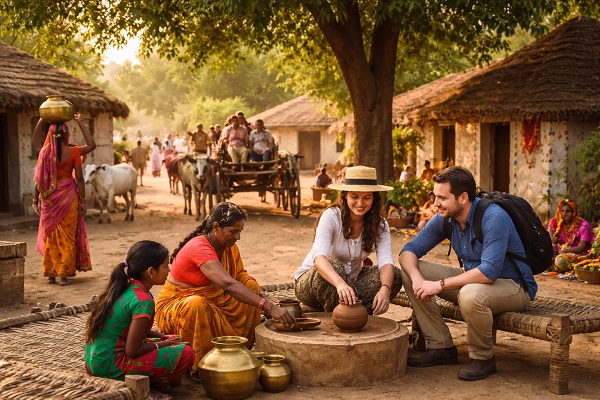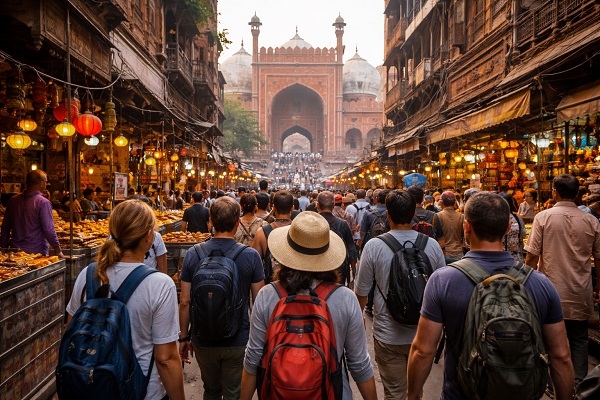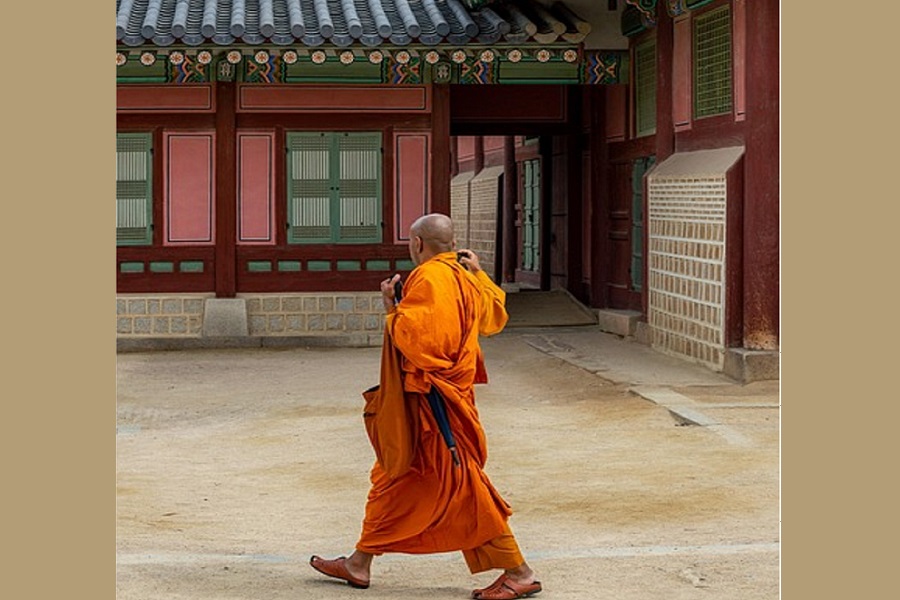Cultural Tourism: Exploring Heritage, Traditions, and Identity
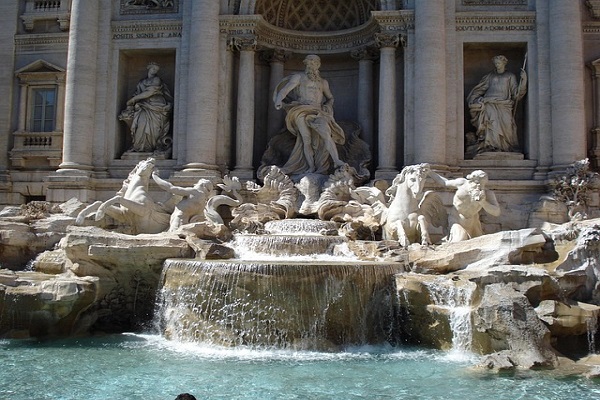
What is Cultural Tourism?
Cultural tourism involves visiting places that allow tourists to engage with the cultural expressions of a region—its art, architecture, language, religion, cuisine, music, festivals, and rituals. Unlike typical sightseeing, cultural tourism is about learning, understanding, and appreciating the diverse ways of life that define human civilization.
Why Cultural Tourism Matters
Preservation of Heritage: By visiting historical sites, museums, and cultural landmarks, tourists help generate revenue that supports conservation and restoration efforts.
Promoting Cross-Cultural Understanding: Cultural tourism fosters empathy and respect by exposing visitors to traditions and customs different from their own.
Economic Benefits: Local artisans, performers, and businesses benefit economically from tourism, encouraging the continuation of traditional crafts and cultural expressions.
Educational Experience: Travelers gain deep insights into history, art, and social practices, enriching their worldviews and personal growth.
Authentic Experiences: Unlike generic tourism, cultural tourism offers meaningful interactions and authentic experiences that create lasting memories.
Popular Types of Cultural Tourism
Heritage Tourism: Visiting UNESCO World Heritage sites, ancient ruins, castles, and historical towns.
Festival Tourism: Attending traditional festivals, fairs, and ceremonies like the Rio Carnival, Diwali in India, or the Chinese New Year.
Culinary Tourism: Exploring local food and cooking traditions.
Religious Tourism: Pilgrimages to sacred places such as the Vatican, Mecca, or Varanasi.
Art and Music Tourism: Experiencing local arts, music performances, and crafts markets.
Famous Cultural Tourism Destinations
Kyoto, Japan: Renowned for its temples, traditional tea houses, and geisha culture.
Rome, Italy: Rich in ancient ruins, Renaissance art, and Catholic heritage.
Marrakech, Morocco: Famous for vibrant souks, historic palaces, and Berber culture.
Varanasi, India: One of the oldest living cities with profound religious significance.
Istanbul, Turkey: A melting pot of Byzantine and Ottoman cultural legacies.
Tips for Cultural Travelers
Respect Local Customs: Learn about cultural norms and etiquette before visiting.
Engage with Locals: Participate in workshops, guided tours, and community events.
Support Local Economy: Buy handicrafts and eat at family-owned restaurants.
Be Open-Minded: Embrace differences with curiosity and respect.
Document Responsibly: Take photos where permitted and always ask for permission when photographing people.

















